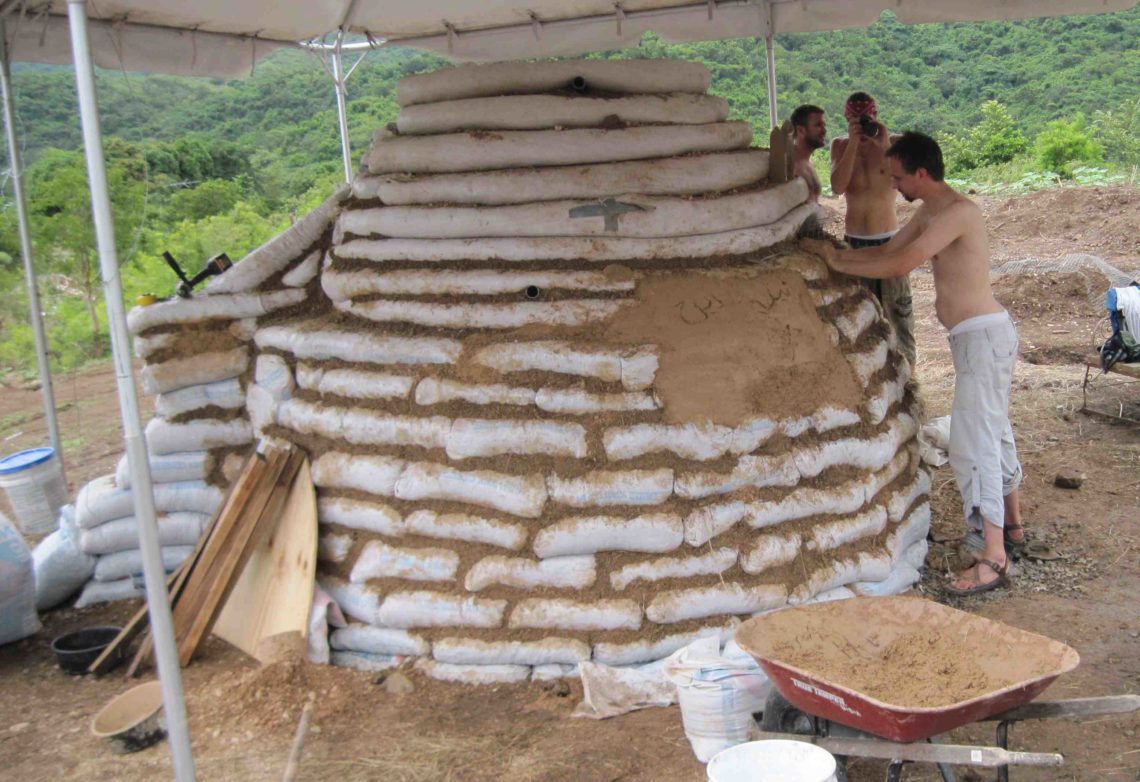A several years ago, a couple of college students made a business plan to make and sell locavore soup and deliver it by bicycle. The students came to Portland and set up their business, SoupCycle. Jed Lazar and Shauna Lambert are the creative cooks and bicycle peddlers behind the food service business. They source local produce whenever possible and actively pursue environmentally sustainable, socially responsible business practices. They do have help with deliveries from fellow SoupCyclers Jen and Matt and they’re avid bicycle advocates twittering support for bike events and get-togethers. Soups and soup meals are available by subscription. Ordering online is easy and both the soup…
-
-
Portland’s Coal Problem
According to Mayor Sam Adams,Portland receives 68 percent of its power from non-renewable fossil fuels and over 44 percent is produced by coal. A great deal of that coal-fired power generation originates in the Rocky Mountains. Oregon’s only coal-fired electric power plants is located in Boardman, Oregon. It is the state’s largest stationary source of carbon dioxide, sulfur dioxide, nitrogen oxide and other pollutants including mercury. PGE owns 65 percent of the Boardman coal-fired power plant and is seeking to submit an alternative operating plant that would phase out the facility or switch to non-coal fuel by 2020. In January, Adams announced his support of PGE’s work to rethink the…
-
Earthen Hand – Building Sustainably by Teaching Construction Techniques
Artist Scott Howard is a community resource whose sculptural architecture is often finished with earthen paints and plasters.
-
Power to the People
Community effort in Southeast Portland brings solar within reach for many. PORTLAND, Ore. — September 16, 2009 was the deadline for Portland homeowners to become part of the very first Solarize Portland project — a grassroots effort that’s making it easier to go solar for less through the power of community. What began as the idea of one homeowner in Southeast Portland, has now grown to include 335 neighbors. The number is well over the original project goal of 50 participants. Led by Southeast Uplift Neighborhood Coalition and Energy Trust of Oregon, the group is going through the process together — from learning how solar works, to installing systems on…
-
Pixels vs. Paper
Our publication The Green Living Journal is available both on line and in printed form at 350 locations throughout the Portland-Vancouver metro area. The question of which of the two editions has the least impact on our environment is of constant concern to us, but the answer is rather elusive and often determined by who does the research. What makes for interesting reading are some of the bullets that the different sources put forth in order to support their particular position. From International Paper’s latest newsletter we learned that: “On average it takes 500 kilowatt-hours of electricity to produce 440 lbs. of paper, the typical amount of paper each of…
-
Bottled Water: A Shrinking Market
Some cities have gone as far as outlawing the sale of bottled water. Some states charge a refund deposit on water bottles in an effort to corral the burgeoning number of discarded one-use water bottles. Here are some facts from TwilightEarth.com: Bottled water costs up to 4,000 times more than tap water. Bottled water is essentially tap water Bottled water does not fall under FDA guidelines, and often has more mercury and other pollutants in it than public utility water. 80% of water bottles end up in landfills, streams and the environment. It takes 5 bottles of water to create the plastic for 1 water bottle. The good news is…
-
Palm Oil Plantations Wrecking Asian Rainforests
Palm oil, listed as, "vegetable oil," in many supermarket food products is responsible for cultures, ecosystems, and animals, like the orangutan, tiger, and sun bears being pushed to extinction, and the problem is getting worse.


